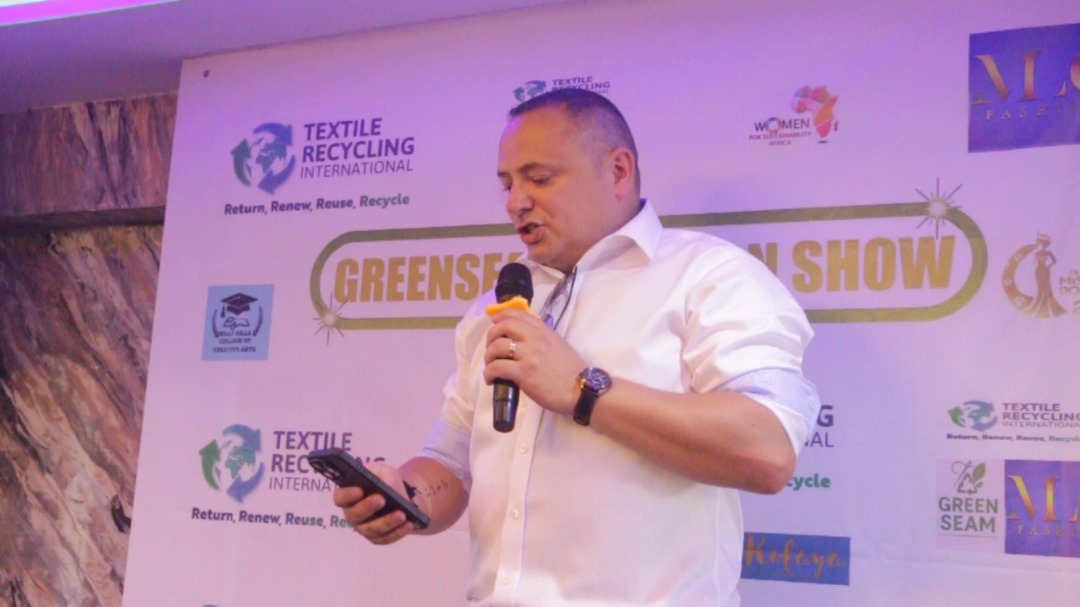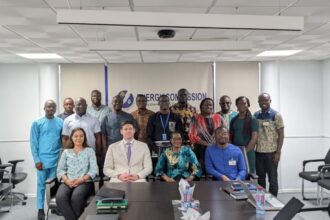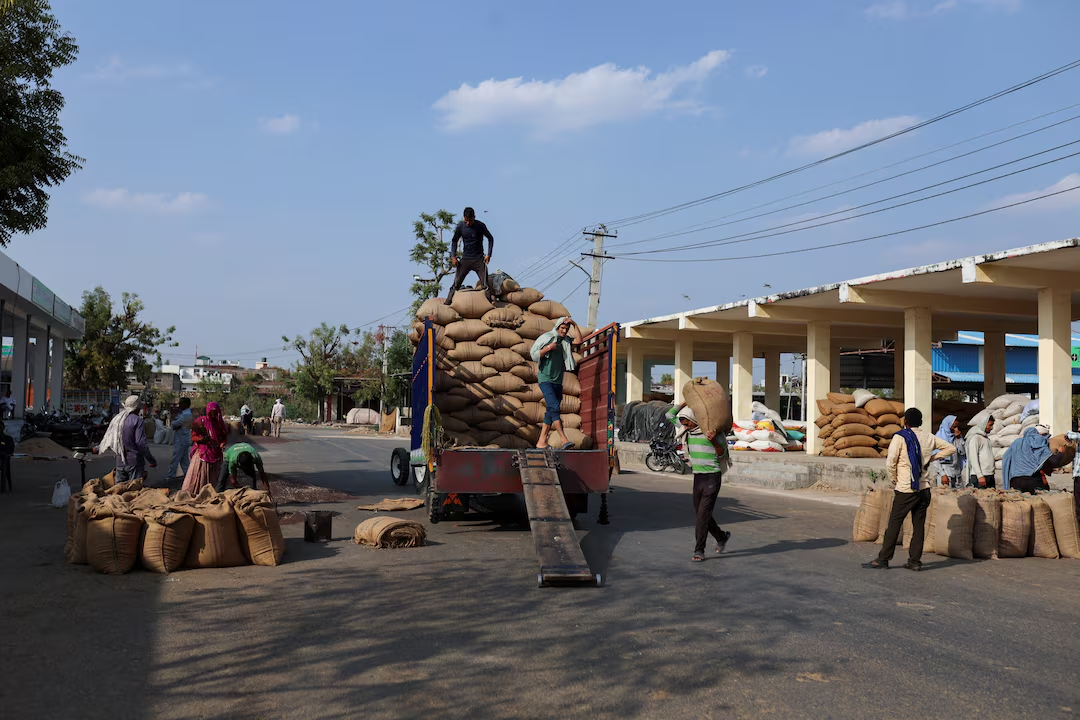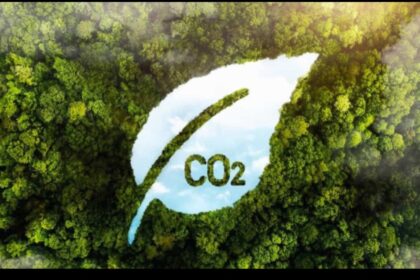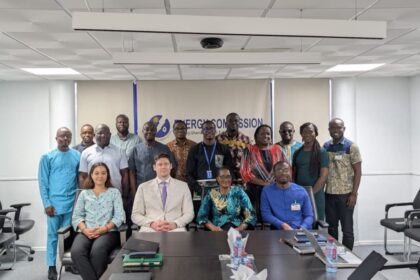Peter Page, Group Recycling and ESG Director at Textile Recycling International, has emphasized the urgent need for global regulations and standardization in the trade of sorted clothing and garments.
In discussing the current state of the industry, Page highlighted the lack of regulation on sorted clothing being shipped worldwide.
This absence of oversight raises concerns about the environmental impact, quality control, and transparency within the global second-hand clothing trade.
He pointed out that there are currently no specific regulations governing the trade of sorted clothing or garments on a global scale.
He argues that the existing gap needs to be addressed to ensure sustainability and accountability within the industry.
Group Recycling and ESG Director at Textile Recycling International Page advocates for the establishment of global standards for fully sorted quality materials in both source and destination countries.This would help maintain consistency and quality in the trade of second-hand clothing.
He emphasized the importance of tracing each garment from export in the Global North to its end of life in the Global South.
“Traceability is essential for ensuring that garments are managed responsibly and do not contribute to environmental damage or exploitation in the destination countries”, he reiterated.
“We need to be able to trace each and every garment that is sent from the Global North to the Global South until its end of life”, he added.
He believes this will assure not just importers, retailers, exporters, and major brands, but also governments and the general public that we can trace garments throughout their entire lifecycle.
“Establishing traceability would enhance confidence among importers, retailers, exporters, brands, governments, and the public by enabling them to track garments throughout their lifecycle”, he acknowledged.
This transparency can lead to improved practices and accountability within the industry.The call for global standards and traceability arises amid increasing concerns about the environmental impact of the fashion industry and the role of the second-hand clothing trade in sustainability efforts.
Textile Recycling International, drawing from its experience in trading with countries like Ghana, is emphasizing the need for better regulation to ensure sustainable practices in the global second-hand clothing market.
Source: www.climatewatchonline.com

